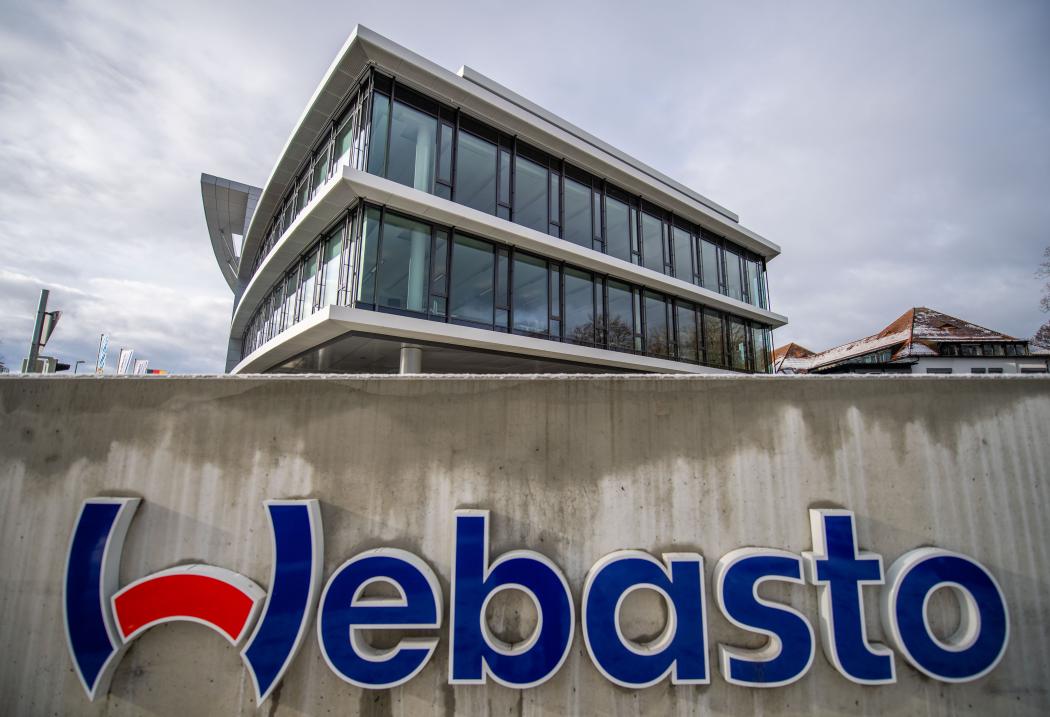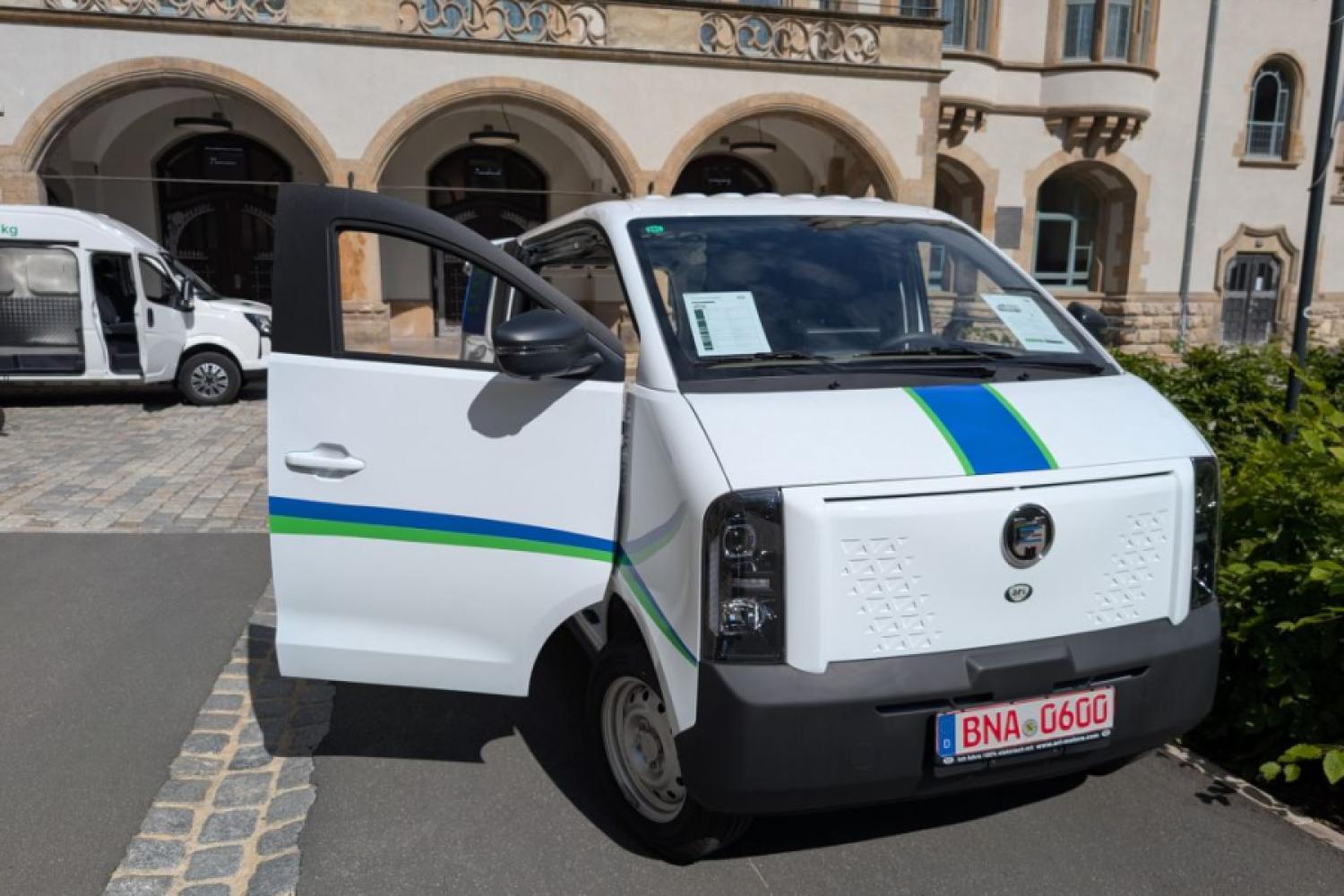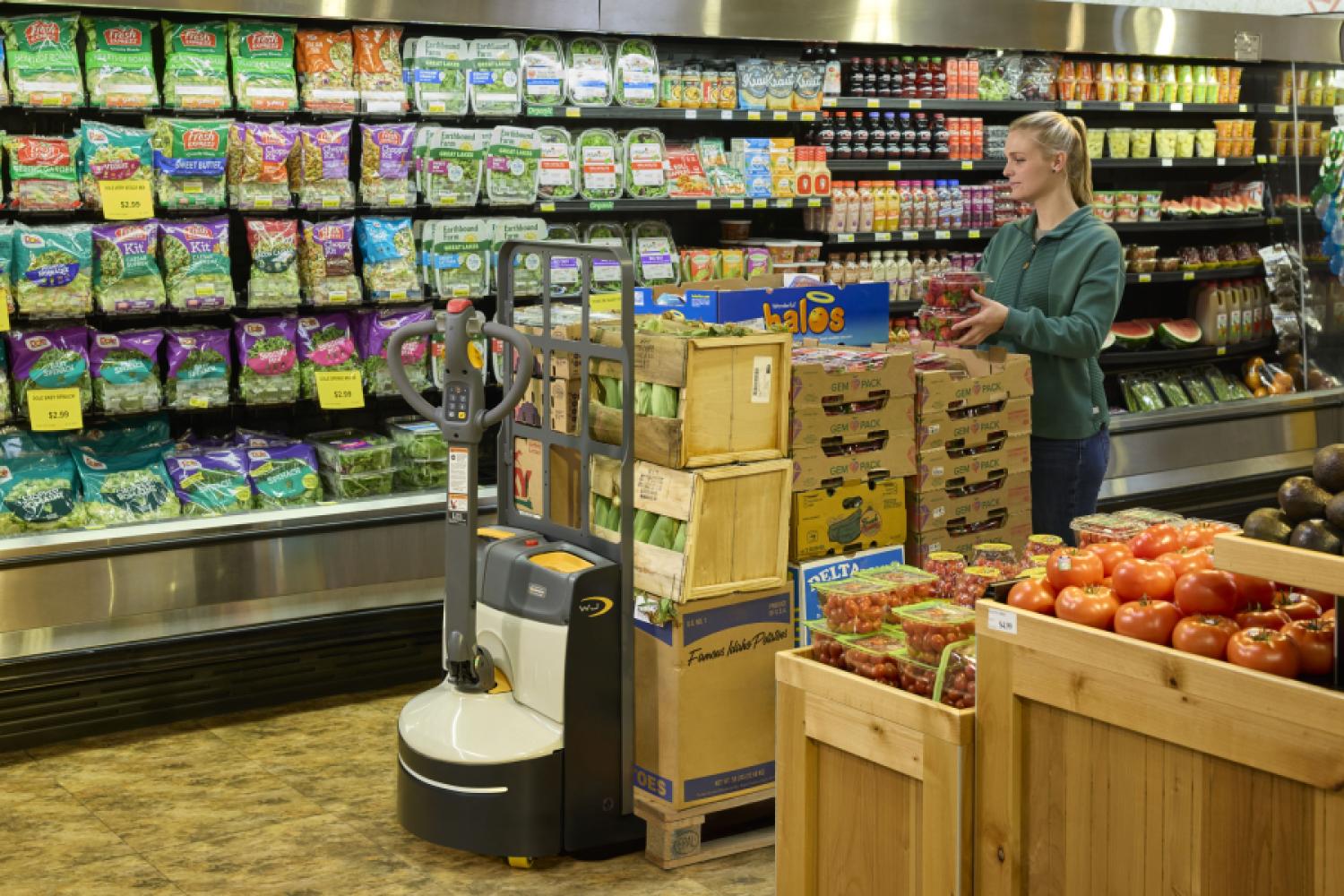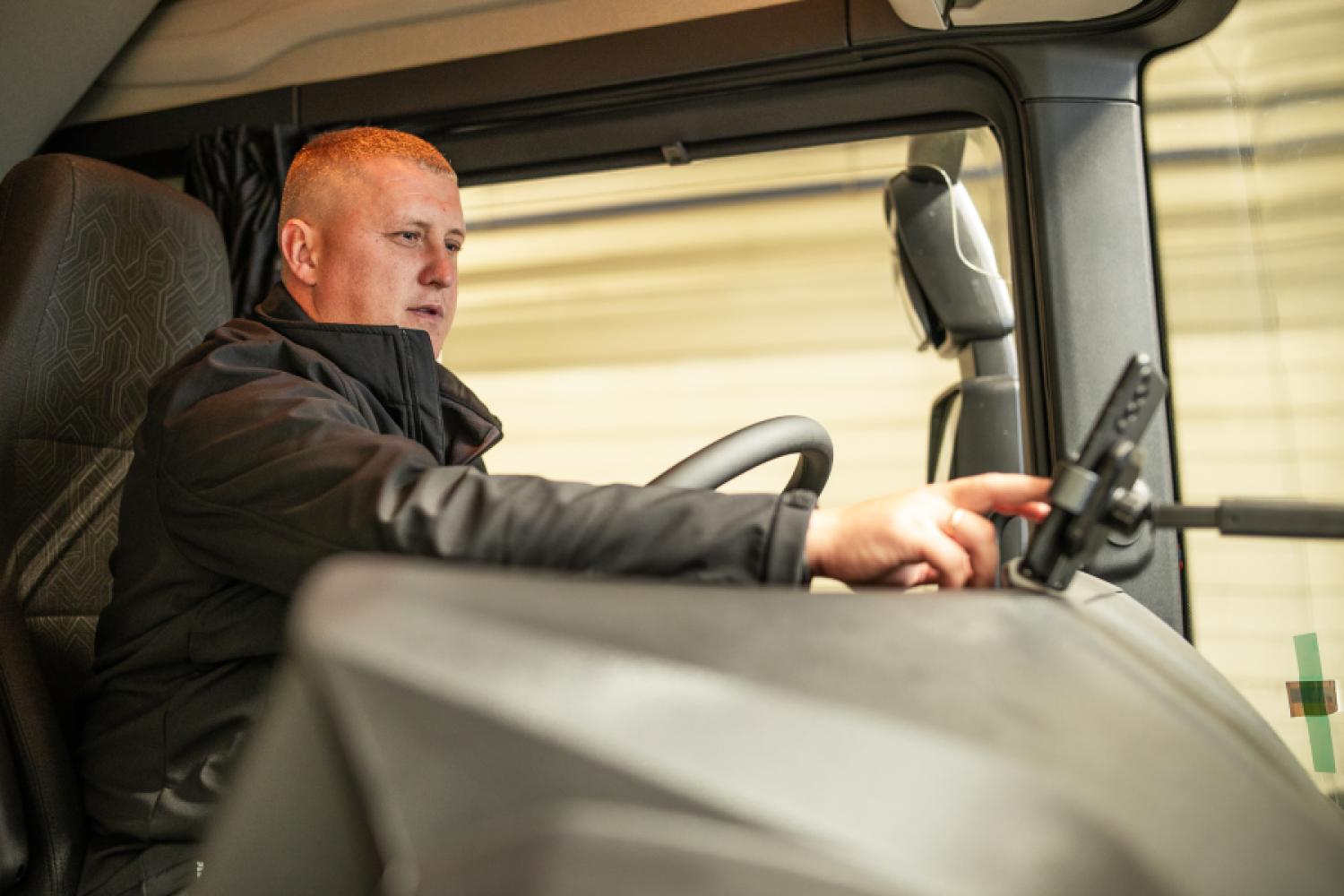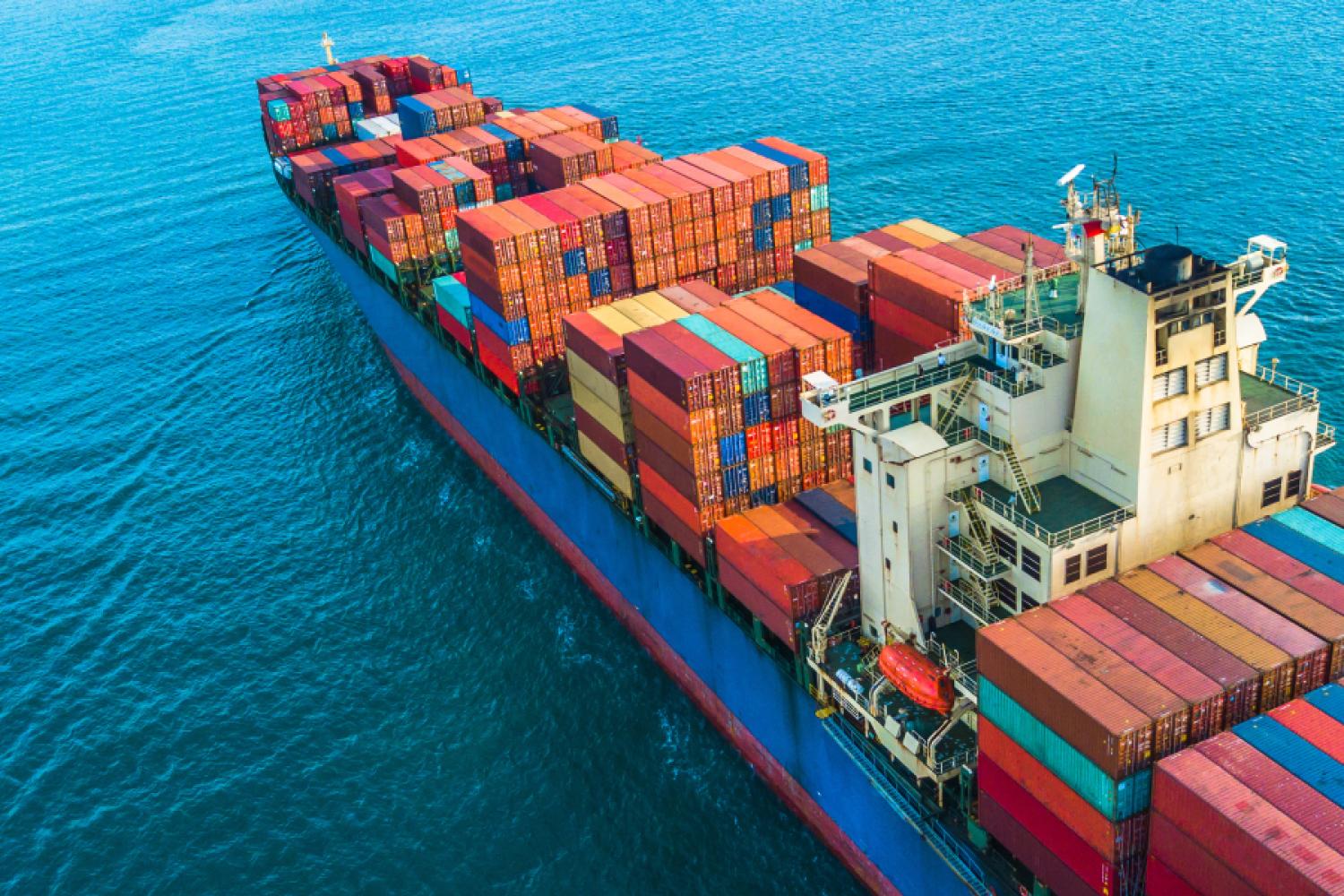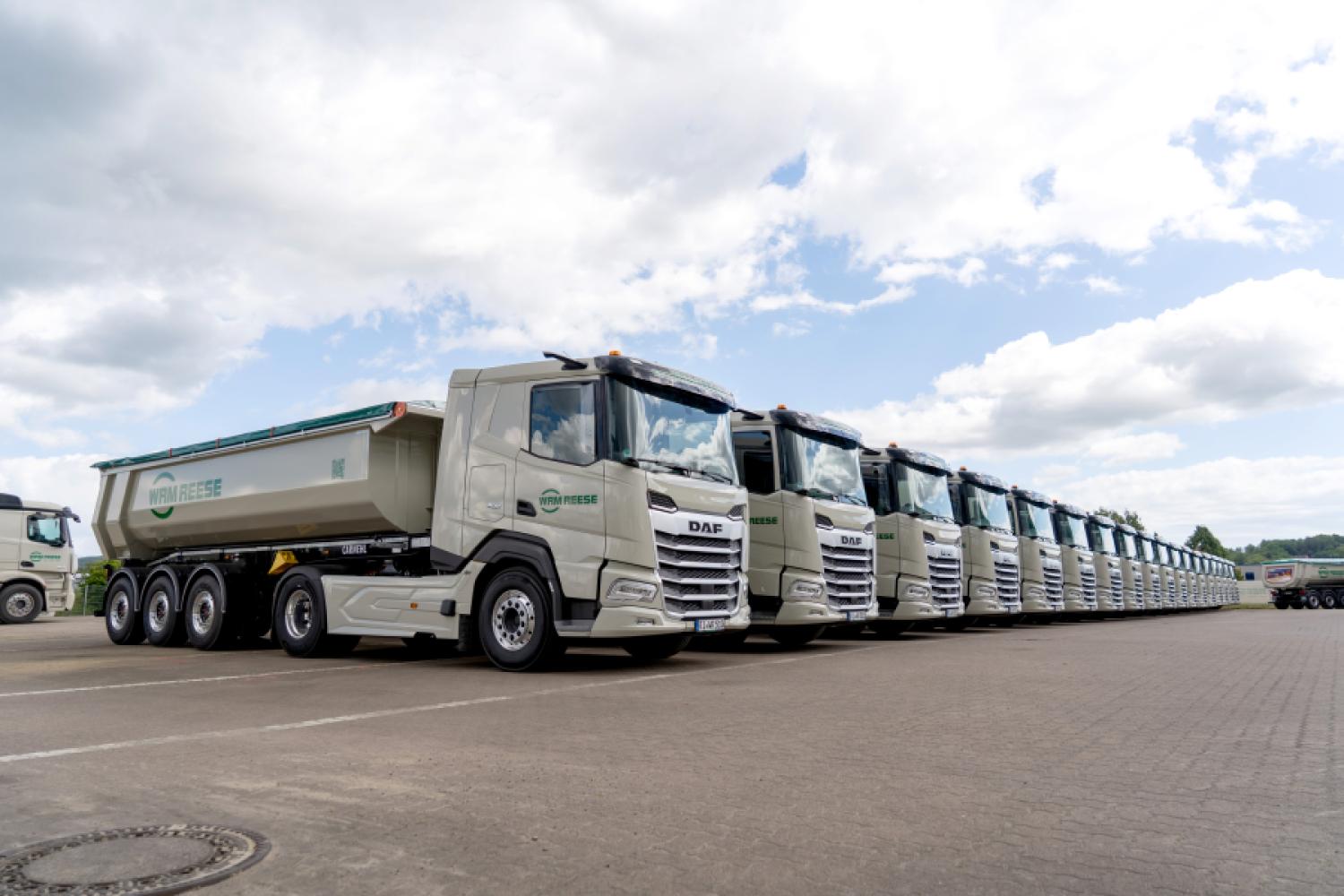The struggling German automotive industry does not seem to be recovering quickly from its slump despite the initiated rescue measures. In recent months, further significant job losses have been reported in the sector, as seen with Bosch and more recently with car manufacturer Volvo. Investments are also falling apart: just a few days ago, the withdrawal of the Friedrichshafen supplier group ZF from the Alltrucks business became known – an initiative that the company launched together with Bosch and Knorr-Bremse in 2013, and which today counts among the largest European workshop networks for trucks.
Now more information has been revealed about the fate of the Upper Bavarian specialist for roof, heating, and battery systems Webasto, which had already announced further strong restructuring measures as part of the "transformation of the automotive industry" in January 2025. As the company now
reports, CEO Jörg Buchheim anticipates a multi-year period of upheaval. The reasons cited for this are global crises, declining demand, increased competition, and "overall decreased planning reliability."
Uncertain Prospects
The company hopes to be in a good financial position again after about a three-year restructuring process in 2028. CEO Jörg Buchheim, who was appointed as CEO of Webasto only in mid-March of this year 2025 to lead the multi-year restructuring together with Chief Restructuring Officer (CRO) Johann Stohner, assures that, "the restructuring is proceeding as planned and the financing solution is in sight": the stabilization agreement with the key creditors, originally set to expire on May 31, has now been extended to the summer. Concerning the preliminary business results for 2024, it is only known that the revenue has decreased from 4.6 to 4.3 billion euros.
Among the company's
more than 50 locations worldwide, over 40 are production sites. The company, founded in 1901, which manufactured its first folding roof for a bus manufacturer in 1937 and soon thereafter for Daimler-Benz cars, achieves its largest revenue, about 80%, with roof systems, including sliding and panoramic roofs for vehicles. The remainder is attributed to the company's reported growing sectors of batteries and thermal management solutions, including auxiliary heaters and scalable, custom battery systems for electromobility. In 2017, Webasto began developing and producing battery systems and charging solutions, and in 2019, it started producing batteries for electrified buses in Schierling, south of Regensburg.
Of the approximately 16,600 positions in 2023, around 1,300 were cut in 2024 as part of the restructuring program, partly due to two factory closures in China. Of the remaining 15,300 employees, 3,700 are based at German
locations – and of these, a further 650 positions are said to be cut throughout the year. The current year 2025 is viewed with mixed feelings. According to Buchheim, the year started solidly, but significant efforts are still needed to turn the business figures positive – for which the global political situation is also held responsible. Buchheim:
"Business development remains volatile, and uncertainties, among other things, due to trade policy disputes are high."
Webasto entered the then rapidly growing Chinese market in 2001. According to dpa (Deutsche Presse-Agentur), the company strongly relied on the China business during the growth period – and is now posting red numbers along with the crisis of German car manufacturers in this region. However, it is said that suppliers are even more affected by the decline of the German industry in China than the
